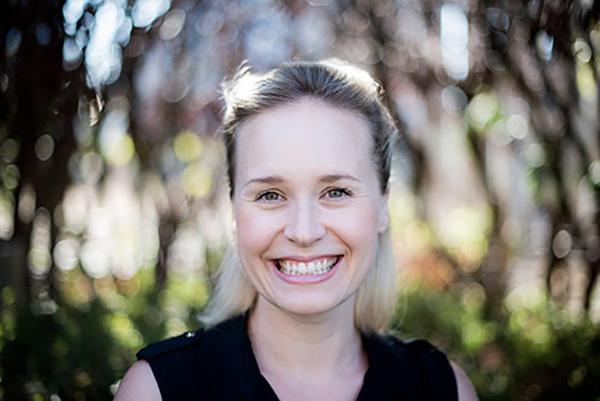Four years ago, Scarlett Nelson was sent into a panic when she learned she was pregnant. But the unexpected news gave her the motivation to stop injecting meth and heroin before her baby was born.
So Nelson turned to the support that helped her stay in recovery for more than a year before she started using again — cannabis.
“I was at my rock bottom. My getting pregnant was kind of a god-save,” said Nelson, her now-four-year-old daughter shouting gleefully in the background. “And cannabis helped make that possible.”
It took the edge off her withdrawal symptoms, helped her focus through her ADHD and sleep at night as she dealt with the stress of her pregnancy and leaving an abusive relationship.
Nelson’s experience is not an outlier. Two new studies — one of which Nelson co-authored — suggest cannabis can be both a substitute for substances more likely to be toxic and an aid for people in recovery, just like it was for Nelson.
“It’s an exit ramp and not a gateway like all the drug war propaganda has led us to believe,” she said.
People who use cannabis every day for six months are 24 per cent more likely to cease injecting drugs than those who do not, a new study from the BC Centre on Substance Use and the University of British Columbia indicates.
Regular cannabis users also appear to be far less likely to begin injecting drugs to begin with, said study co-author M-J Milloy, a research scientist at the centre and a UBC assistant professor. “Cannabis can help us save lives,” he said, “particularly among the people shouldering the burden of the overdose crisis.”
And a second complementary study suggests that for youth in particular, cannabis can be an important alternative way of coping with mental health challenges, physical pain and trauma.
“These are young people who are navigating multiple crises, the toxic drug supply and the overdose crisis, the housing crisis and homelessness, and COVID-19’s social isolation,” said Danya Fast, also a research scientist at the centre and UBC assistant professor. “And cannabis helps them to deal with the everyday emergencies of those crises.”
Fast spoke to 56 street-entrenched youth in Vancouver, including Scarlett, from 2017 to 2019, interviewing them about their cannabis use and what it meant to them in their lives over time.
The therapeutic qualities youth described, from helping them get out of bed in the morning to dealing with chronic pain, indicate where the harm reduction potential lies, Fast and Milloy agree. Cannabis use carries a much lower risk of overdose than injecting drugs from the increasingly toxic street supply.
“We often see among young people who have been marginalized and discriminated against and traumatized by multiple systems of care, that they can be hesitant to access our medical system,” said Fast. “And so instead of doing that, they use things like cannabis to mediate their mental health and physical health independently.”
That independence is important to youth, but Fast says health-care professionals have to also start opening up conversations around the benefits and harms of cannabis use with youth themselves.
“It’s a way of building trust and rapport with people, and it’s important not to brush cannabis off as recreational or non-essential,” she said.
The findings also pose a challenge to the province’s crackdown on illegal cannabis dispensaries in the Downtown Eastside and make a case for expanding safe supplies of cannabis to people who use illicit drugs.
Most youth and regular cannabis users don’t get their cannabis through legal stores, Milloy said, because it costs more or they lack the required government ID or a permanent mailing address.
“People using cannabis from dispensaries have a lower risk of overdose on other substances,” said Milloy. “They are really providing a lifesaving intervention for people who can’t access the legal marketplace.”
He wants to see governments commit to expanding safe supply of cannabis before they take any action to shut down vital community dispensaries.
“It would be foolish to shut these places without plans to ensure access to legal supply.” ![]()
Read more: Health

















Tyee Commenting Guidelines
Comments that violate guidelines risk being deleted, and violations may result in a temporary or permanent user ban. Maintain the spirit of good conversation to stay in the discussion.
*Please note The Tyee is not a forum for spreading misinformation about COVID-19, denying its existence or minimizing its risk to public health.
Do:
Do not: